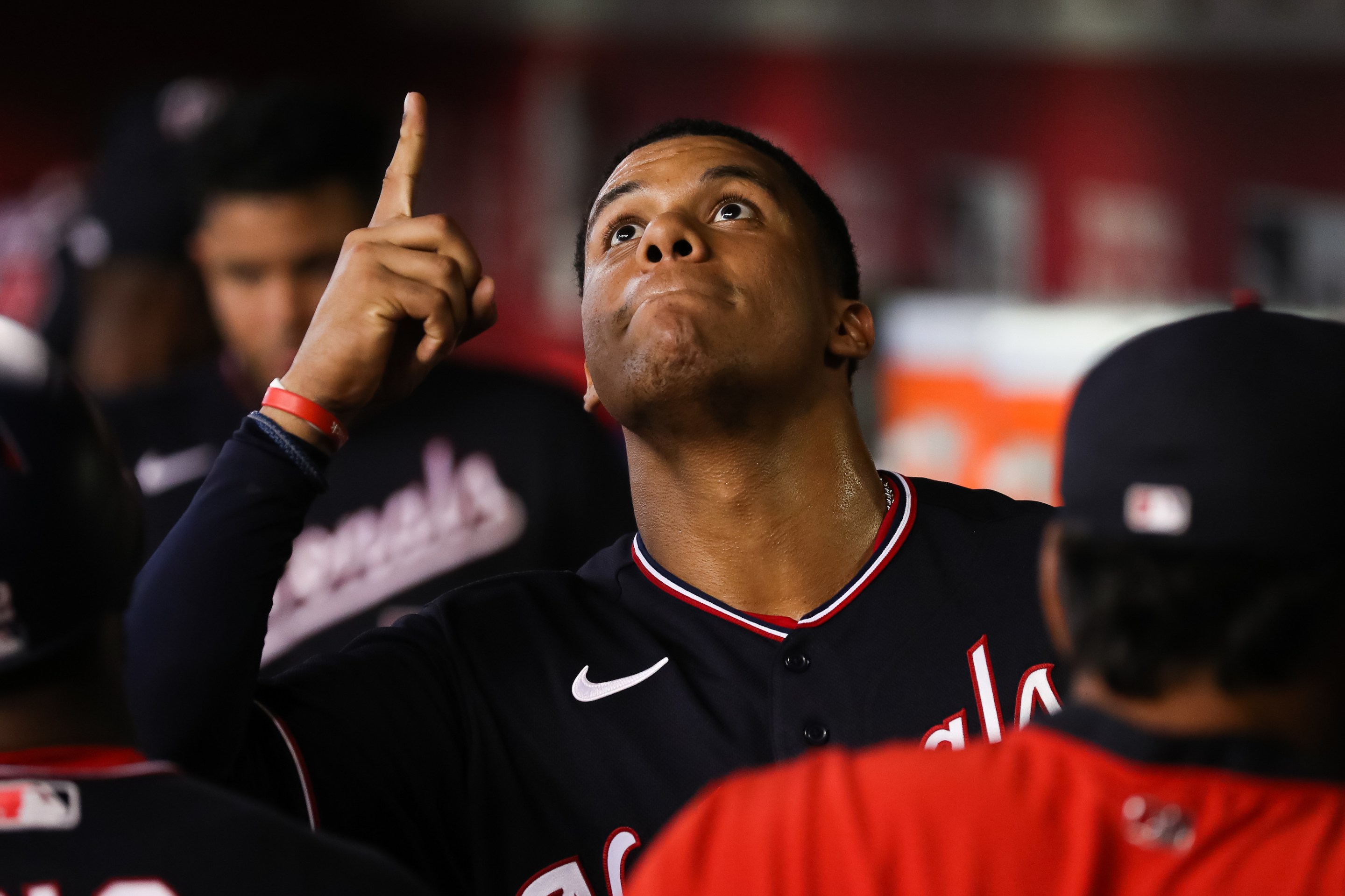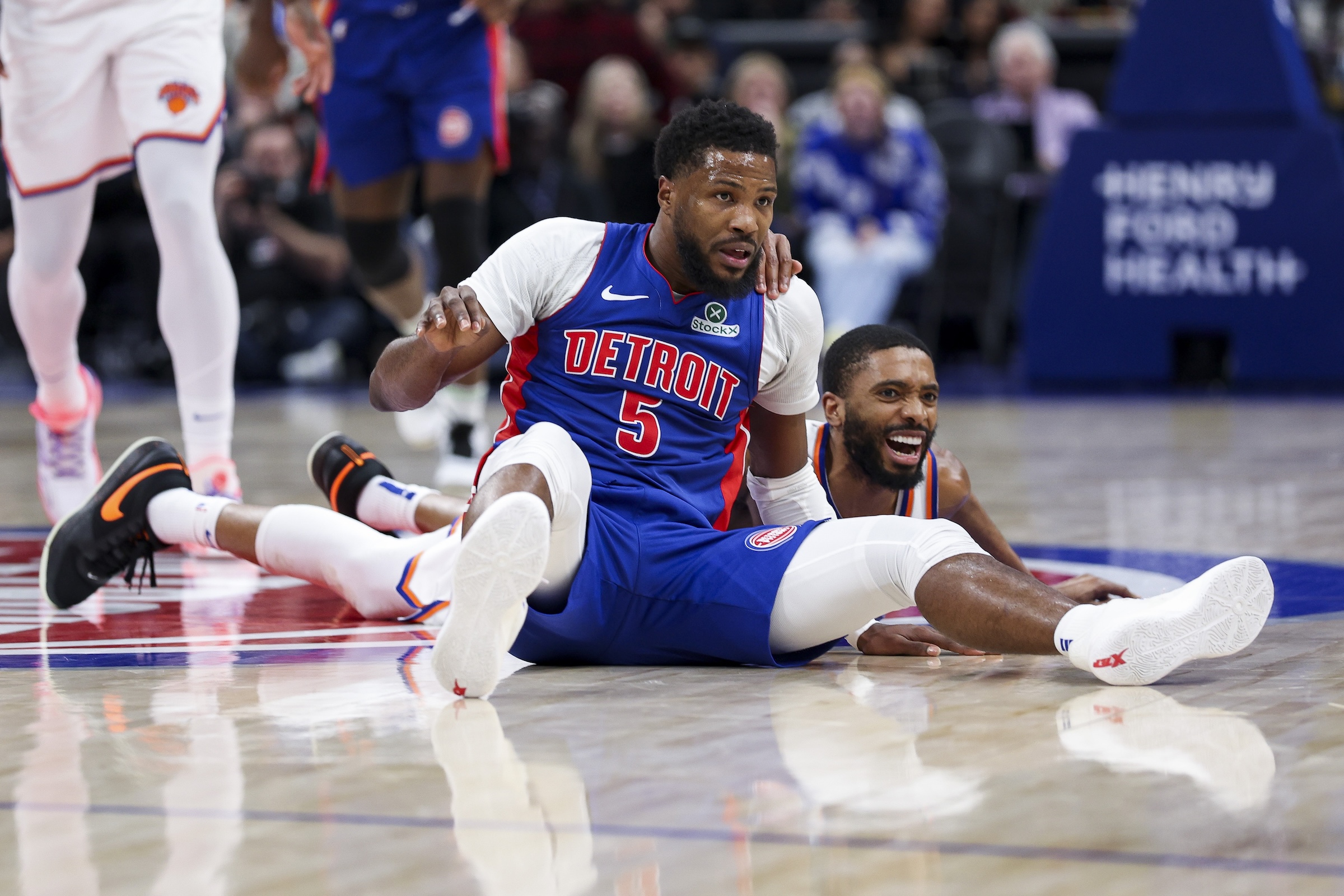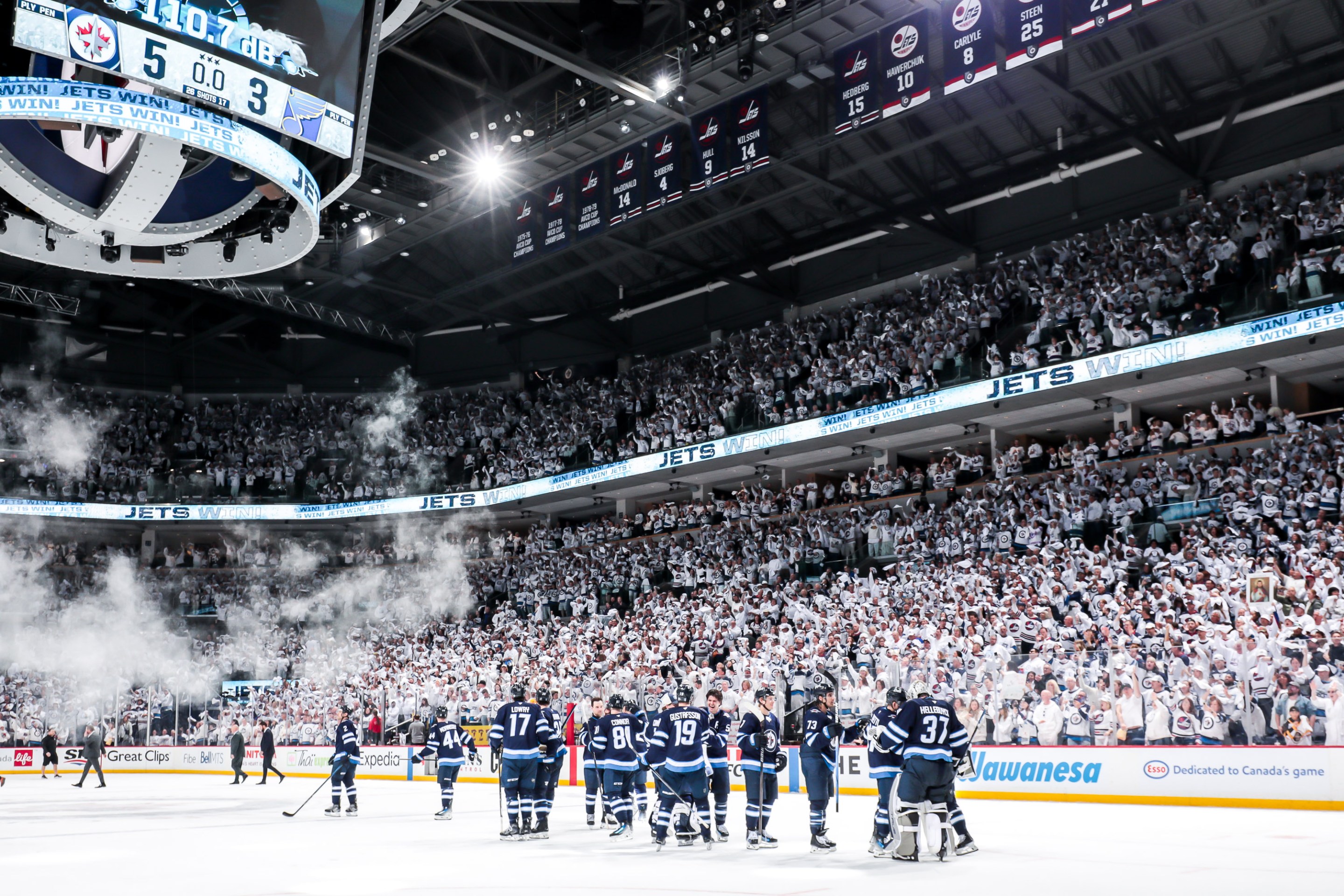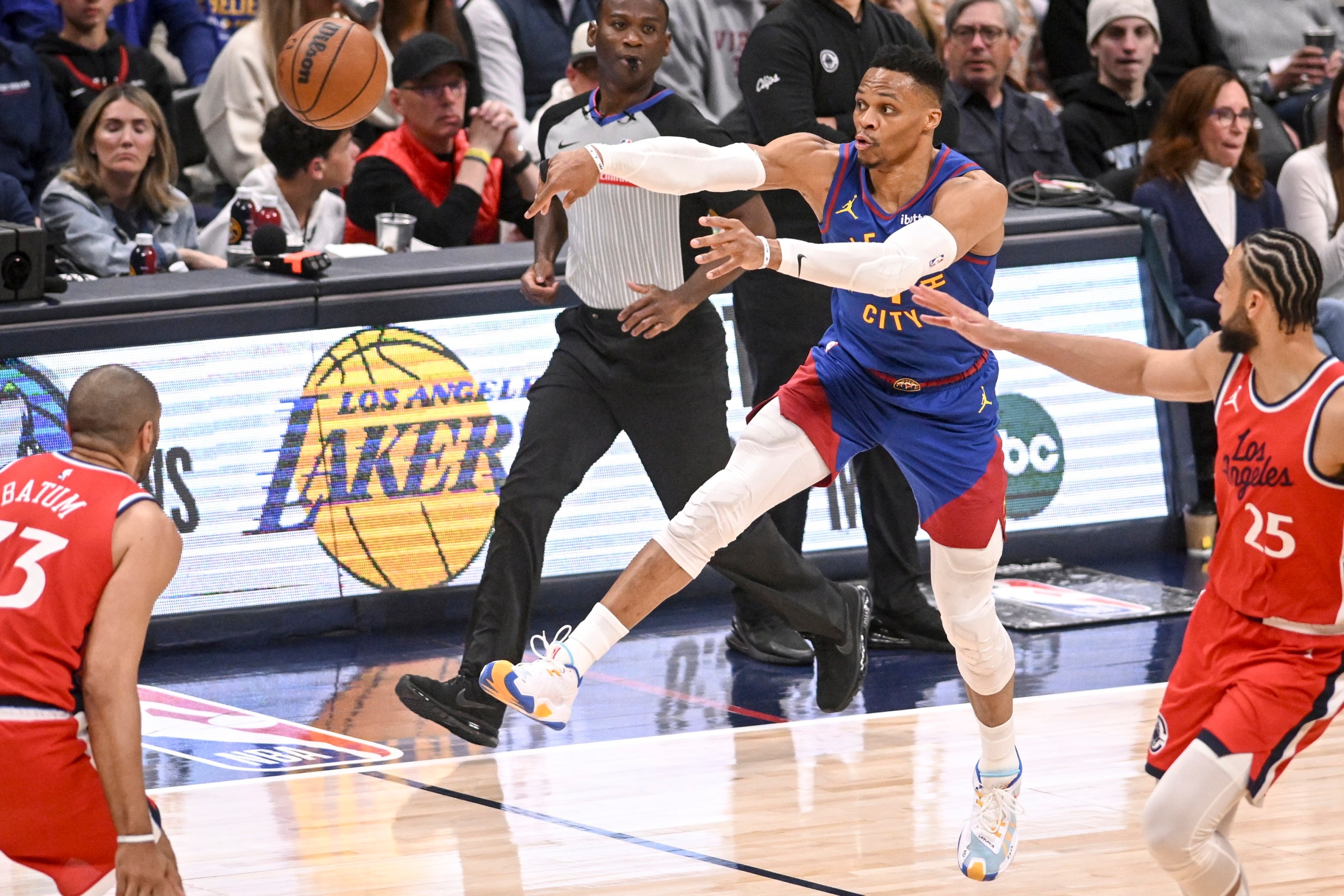There are not really all that many different kinds of owners in Major League Baseball. There are corporate entities like the investment group that owns the Los Angeles Dodgers, but mostly baseball teams belong to rich people, and if there are different types of rich people, there aren't that many. Or, maybe more to the point, the thing that they all have in common, which is being rich enough to own MLB franchises, makes them sufficiently similar that they can be pretty well understood as a bloc, or clique, or collection of variously peevish and self-interested swells.
There are many, many more difficult ways to make money than owning a big-league franchise, even by the standards of zipless passive income that is the truest American aspiration. But it's not as simple as that, because there are all these other people who care about the team, and they notice what the team does and get upset about it, and also there is a segment of the media dedicated to covering all that. It can get kind of stressful, especially if you are as sensitive to even the suggestion of responsibility as extremely rich people tend to be. If you think of MLB owners as occupying the highest end of America's long continuum of huffily self-actualized landlord types, it is easy enough to understand why and how even the ones that enjoy baseball eventually end up so wildly over it.
Being that wealthy and that far beyond any kind of meaningful accountability is invariably a deranging thing; the people around you treat you differently, but also there are fewer and fewer of them around you. That absence of people who might tell you "no" is unhelpful, and affirming in all the worst ways. As the rest of humanity is priced out or tuned out and falls away from them, baseball's owners have, like their peers, gotten progressively more salty and anhedonic and aggrieved—the lords of millions of griping tenants, all of whom pay on time but whose faces have long since slipped out of focus; Dr. Manhattan in high isolation on Mars, except he's wearing one of those quarter-zip fleeces that investment bankers like. The returns on investment are good, and that is mostly what the members of this class care about, but the rest of it—things like the appeal of having a baseball team of one's own, which surely had something to do with them buying a team in the first place—only get more abstract.
I'm assuming a lot, of course, but also the only really important thing to know about Washington Nationals owner Ted Lerner and his family is that they are preparing to sell their team. Lerner himself is 96, and bought the team when he was 80; his son Mark has been the team's principal owner since 2018. When Mark took over that role, he told the Washington Post that the family "will never sell the Nationals. That’s what we’ve worked to get all those years." Since then, the team has won a World Series and let various cornerstone players leave as free agents or sent them away in trades. There are a number of baseball-related justifications available for all of those decisions, but while some are more convincing than others, none of them ring as true or explain as much as ownership just not wanting to pay those players anymore.
No owner really wants to pay their players a salary anything like what they'd get on the market—this is a principle, or anyway a belief that this bunch holds very dear—but owners that want to win a World Series will sooner or later find that they have no choice. A sufficiently smart team can go a long way by getting the myriad smaller and more cost-effective things right, but big-spending teams like the Dodgers do all those little things and spend money on players. The way that a lot of big-league owners have dealt with this challenge is by simply not trying. The economic system that the sport's owners have created more or less guarantees that there are healthy profits to be made in running a team that runs lean and cynical while losing much more often than it wins. It is to their credit that, while the Lerners have been cheap at crucial moments, they mostly did not run the Nationals like that. As this very rich family prepares to cash out—the team that Lerner paid $450 million for in 2006 is now valued at more than $2 billion—they are signaling that they expect the team's next owner to take a different approach.
In the grand scheme of things, there is no baseball justification for trading away a player like Juan Soto, which is something that the Nationals have now been trying to do for nearly two weeks. That is because Soto is so comprehensively good, and such a lock to continue to improve given his profile (full-spectrum superstar) and age (23), that there's effectively no trade return that would help the team more than his absence would hurt it not just in the short term, but over the next decade or so. The mechanism MLB's owners built to suppress the salaries of players like Juan Soto is working as designed, but he's so good that he is still getting paid a lot of money.
Soto's salary this season is $17.1 million, which is much less than he would get on the free market but also just shy of the record for a Super Two player in his second year in MLB's salary arbitration process. Soto also has two more turns through arbitration ahead of him before he reaches free agency after the 2024 season. An owner who was interested in winning would be fine with this. For such an owner, Soto is something like the ultimate asset—remarkably productive, somehow still improving, and still available at a cost well below the prevailing market rate. For an owner whose interests lie elsewhere—an owner who didn't want to spend their money on baseball players and who was more interested in the passive returns-on-investment that team ownership confers—he is simply a large figure on a payroll ledger; a debit dragging an unseemly and inefficient number of zeroes around behind it. The Lerners will ultimately decide what kind of owner the team has next, but the team's apparent willingness to trade Soto—and eagerness to attach the underwater contracts of busted pitchers like Patrick Corbin or Stephen Strasburg in any deal—suggests that the Lerners expect to sell the team to an owner who would see Juan Soto's presence on the payroll as something other than an asset.
This is obviously not what a Nationals fan would want, although fans are good at finding some way to care even and especially when it's something of a challenge to their self-respect. Even lousy baseball organizations continue to develop and produce new players, and while the odds are strongly against any of those players being anywhere near as good as Juan Soto, they'll at least provide something to think about while the big-league team sinks as low as it is permitted to sink. More broadly, though, there are some dispiriting things only barely implicit in this. An owner who wouldn't want to pay Juan Soto, even just for the two-and-a-half remaining seasons in which he'll be paid less than he's worth, would not seem to be an owner who was very keen on building a winning baseball team; why else would they pass on the opportunity to hang onto the one thing that every winning baseball team needs most? Why build around anything else if you could build around arguably the best young hitter in the sport?
It might be that this future owner is a cynic on the order of Pittsburgh's Bob Nutting, who has figured that it is less work to make money from a losing team than a winning one. It might be that Owner TK will arrive as over-leveraged as the investment group that took over the Marlins and immediately (and unsuccessfully) remade the team with a degree of poise most commonly associated with bailing saltwater out of a lifeboat. In a league that was more concerned with the overall quality of its product and its own long-term viability as a thing people might care about (and spend money on), either would be equally disqualifying; instead, they are assumed as the default. Anyway, both are just different ways of describing the same failure.
The fact of it is that anyone that wants to own a baseball team but doesn't want Juan Soto on it shouldn't own a baseball team. If we know that, we already know that what they want from owning a team is, to say the very least, not aligned with responsible stewardship. That this is all so obvious—that an owner who doesn't prize the single most valuable asset any team could have manifestly does not have the right values—doesn't mean that any of it will mean anything. This isn't a democracy, it's a business. But a business that is run this way, to the exclusion of any other end, will suffer for it, and sooner than later. Of all the shabby threads of shame and dread running through this story, none feels more strange than seeing how little the things that matter most are worth to the people in charge.






